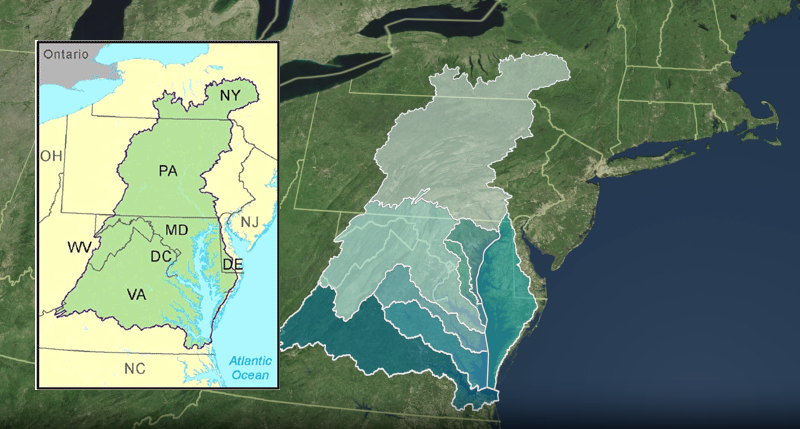The National Hemp Association (NHA) has been awarded $19.6 million from the U.S. Department of Agriculture (USDA ) to lead a project aimed at protecting the Chesapeake Bay Watershed through climate-smart hemp farming.
The initiative, which will see hemp cultivated on up to 5,000 acres annually, employs practices such as contour farming, crop rotation, cover cropping, nutrient management, and no-till farming – methods that can reduce nutrient runoff, pesticide contamination, and soil erosion while improving the overall health of aquatic and terrestrial ecosystems.
The funding is from USDA’s Regional Conservation Partnership Program (RCPP), which connects public and private partners to implement innovative conservation practices. The RCPP is designed to address critical conservation challenges such as water quality, soil health, and wildlife habitat protection, making it a perfect fit for the NHA’s goals in the Chesapeake Bay region.
92 projects
The grant to NHA was one 92 projects across 40 states that will benefit from a total $2.5 billion in funding for conservation and climate-related projects. The funding – $1.5 billion from the USDA and $968 million from private partners – is part of a broader effort supported by the Farm Bill and the Inflation Reduction Act of 2022.
U.S. Agriculture Secretary Tom Vilsack told Lancaster Farming, “There’s such a tremendous demand for conservation and these resources that we’re able to move this money at historic levels. There is a need and a demand.”
The Chesapeake Bay Watershed faces significant challenges from pollution and agricultural runoff. The area, one of the nation’s most vital ecosystems that supports wildlife, local communities, and agriculture, spans 64,000 square miles across six states and the District of Columbia.
To read more, click on Hemp Today







